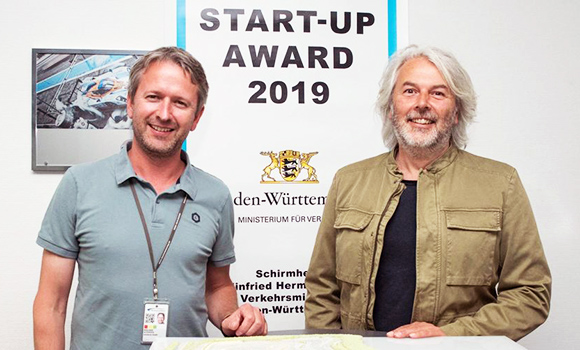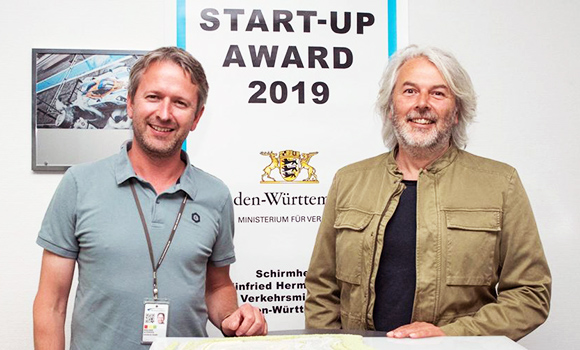AUTOMATICALLY TRANSLATED. Hockenheim. With the second edition of the so-called „e4 TESTIVAL,“ they really want to make electric mobility testable for the masses at the Hockenheimring in its truest sense. Why the two organizers, Thomas Reister and Alexander Nieland, do not shy away from the fight against the clichés and look convincingly at the performance of new models, they told us in an interview.
Mr Nieland, Mr Reister, who is talking about electric mobility, sees two phenomena at the moment-an emerging awareness of the subject, but also 17 tonnes of carbon dioxide for the production of an e-battery. How does this work together for you?
Thomas Reister: By looking for solutions for the mobility of the future in a technology-open way. The purely battery-powered vehicle will be a transitional solution, there is no question about that, but it is precisely in the areas of fuel cell and hydrogen that is being invested very intelligently-including from the petroleum industry.

Nevertheless, in terms of perspective, tons of lithium and cobalt will still be used, for which overexploitation is driven to nature. Do you see this without any problems?
Alexander Nieland: We find that the electric-powered vehicles are slowly entering the mass market-and when that happens, the market regulates what’s happening. If you look into science, you will find that batteries that largely dispense with these substances are just massive in research. And I have to say: When I look at how the capacity of mobile batteries has increased in recent years, I am confident that in a few years we will see good and meaningful solutions in the market here.
Reister: In addition, we do not want to give any direction in a narrow-minded way. With the transformation of the Hockenheimring into a centre for new mobility, we see ourselves as a showcase for the technologies of tomorrow-whatever they look like.
The question, however, is whether the offer will come early and affordable enough for potential customers to afford the switch. What makes you so optimistic?
Nieland: If you leave the ecological idea out now and look at the pure powertrain, a classic internal combustion engine has 4000 parts and is very complex, while an electric drive is made of 300 parts. Today, electric propulsion is even more expensive because the volume produced is vanishingly small, but if the major carmakers offer whole model lines electronically in 2021, the large-scale series begins-and that will include affordable models.
With your trade fair and the Mobility Park, you are also fighting barriers to thinking. Do you think the user is willing to be lectured?
Reister: Our goal is not to educate anyone. Rather, the problem is that electric mobility is either sold as a salvation bringer, or damned as expensive technology with too little innovation. We want to counter these extremes with a driving experience in which decision-makers from politics and business who have never been in such a car see for themselves what kind of driving fun you can experience.
Can purchase awards on the part of politicians be the only correct answer to this?
Nieland: Premiums offer the appeal to push a topic-but basically electromobility has to convince individuals with performance. Because I already know today that I can drive with an e-scooter more convenient and ecological five kilometers through the city center than by car, but many thousands of others not yet. Firstly, because one is guided by old clichés, but also because lobbying against electric mobility is being purposefully pursued.
Hand on the heart: Is the issue of reach still a problem today?
Nieland: So first of all, we have several startups at the moment that are working massively on the improvement-in this context, we will also be awarding a country-sponsored startup prize. On the other hand, with an Eco Grand Prix, which we host over twelve hours, we prove that this accusation no longer stands up today. Because there-as in urban road traffic-it is not the speed that applies, but the route travelled. And the fact that the driving style, which is conducilled in the case of a resource-saving driving method, is to be completed even in competition with only a small number of shops, should make us feel positive for everyday life.
The interview was conducted in person and submitted to the interlocutors for authorization.
© Mannheim Morning Markus Mertens, Thursday, 13.06.2019


